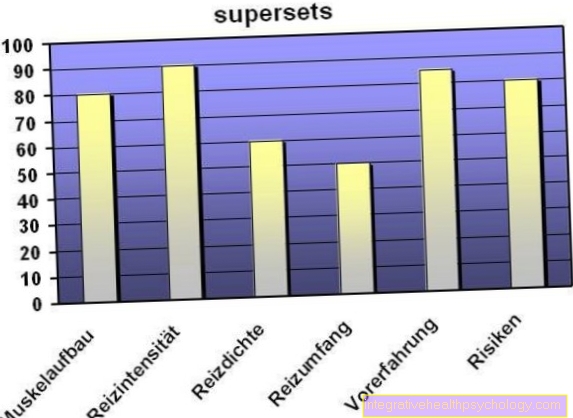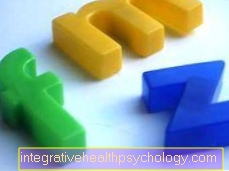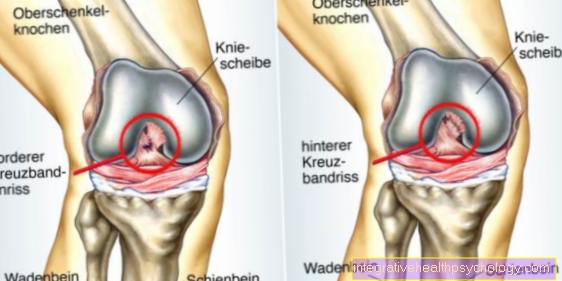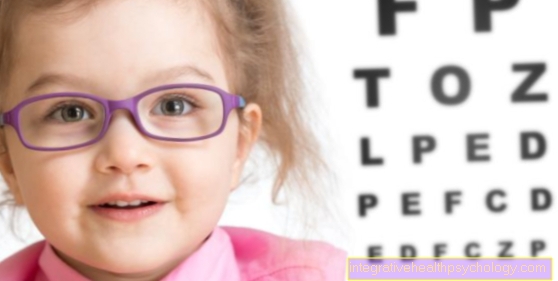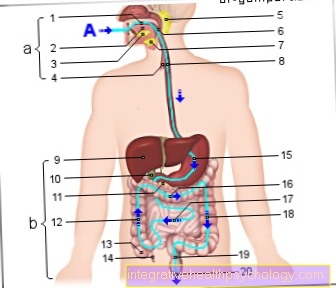Learn
Synonyms in a broader sense
Learning, learning ability, learning requirements, memory, memo ability, lifelong learning, learning problems, learning difficulties,
English: lifelong learning, learning by doing, learning, learning abilities
definition
In order to acquire knowledge and develop mental and physical abilities and skills, people must learn.
To be able to learn is that Ability to remember, so that Memory, a basic requirement. However, learning implies more than simply storing information, in particular the perception of the environment and the recognition of certain regularities in connection with interpreting, exploring and arranging certain relationships play an important role.
Since man learns in some way all his life ("Life-long-learning") can be the expression of an individual personality as Goal of learning be considered.
Scientific basis
There are various scientific fields that deal with the term “learning”. Especially when problems arise with learning, it seems important to deal with the different areas. At this point, the most important scientific branches are listed and briefly interpreted in order to get an initial overview. These areas have their respective meaning for the different learning problems (see link bar) and are included in the detailed discussion in the individual areas.
Also read: The didactic triangle for successful teaching
Neurobiology
The Neurobiology considers the nature of the nervous system in the neural and molecular area. She examines the functioning of individual nerve cells but also their interaction and their effects. With regard to the field of learning, this means that the learning in brain ongoing processes can be observed and examined more closely.
Learning psychology
The Learning psychology deals with the psychological processes and basics of learning.
didactics
The didactics includes the theory and practice of learning and teaching.
Performance problems - learning difficulties
At the center of all learning difficulties are usually performance problems, which are usually noticed when children come into contact with their peers. Here the individual performance is compared with the performance of other children, usually the kindergarten group or school class. One speaks of the social reference norm.
Is this analysis sufficient to speak of a learning disability, of problems with learning? If you answer YES to this question, then briefly think about the following:
Primary school class - Here there are children of (relatively) the same age with a performance range that extends at least from potential high school students to potential secondary or special school students.While some children are weaker in relation to the social norm in many areas, there are those who are usually above average in terms of their performance, but are noticeable in certain areas.
The individual reference norm must be added to the above-mentioned social reference norm: Actually, Fritzchen is very good (compared to his class = social reference norm), but he has major (individual) problems with spelling.
Especially in school, children are compared with regard to binding learning goals. The student is seen as an individual and his performance is measured against the learning objective (objective reference norm).
Read more on this topic: Learning style and learning disabilities in children
Note
PERFORMANCE PROBLEMS SHOULD BE AT DIFFERENT STANDARDS:
1. the social reference norm
2. the individual reference standard
3. the objective reference standard
GET MOUNTED!
Summary
Performance problems can have a wide variety of causes and also have different effects on the child's psyche. Diagnosing performance problems, identifying individual causes, and “treating” their consequences appropriately is often very difficult. As an accompanying adult, you should therefore always keep in mind that it will certainly be even more difficult for your child and will be all the more difficult when they notice that you are voicing accusations and become impatient!
Related topics
- ADS
- ADHD
- Dyslexia
- Dyscalculia
- LRS
- Poor concentration
- Giftedness
- Speech disorder
- Learning curve
A list of all topics that we have published under our "Problems with Learning" page can be found under: Problems with Learning A-Z












